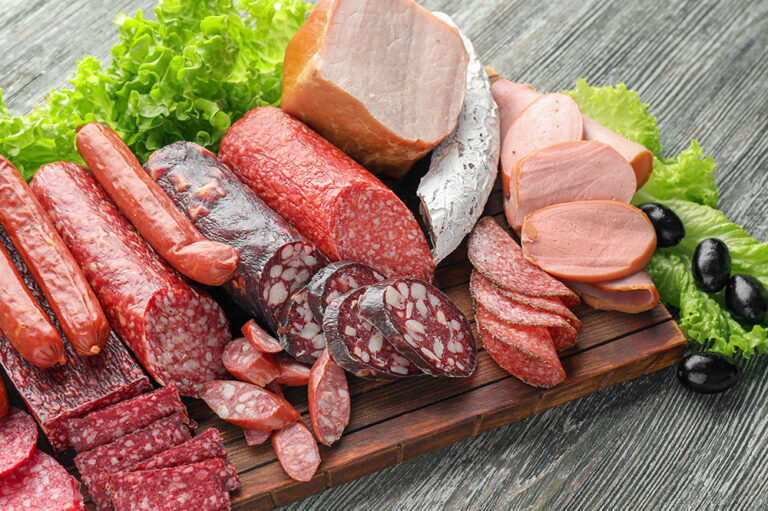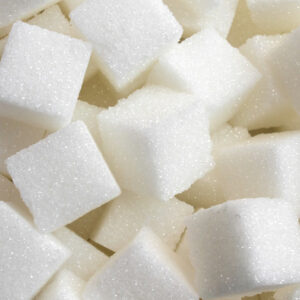
12 foods to avoid when dealing with osteoporosis
Osteoporosis is a bone condition characterized by loss of bone density and mass, which can reduce mobility and increase the susceptibility to fractures. Deterioration of bone strength could be a result of calcium and vitamin D deficiency or other health conditions. Timely diagnosis and treatment can help restore bone density and prevent further damage. Further, certain lifestyle and meal-plan changes can expedite the healing process. So, here are some foods people with osteoporosis should avoid: Processed foods Processed foods like store-bought burgers, pizzas, cold cuts, and hot dogs can deplete the body’s calcium levels significantly, damaging the bones and worsening osteoporosis symptoms. So, it is best to replace processed foods with healthy fat and carb sources like whole grains, fruits, and vegetables. Beans Although beans are excellent sources of fiber, magnesium, and protein, they also contain high levels of phytate, which can reduce calcium absorption, weakening the bones. Adding different types of beans, including kidney beans, lentils, and garbanzo beans, to meal plans in moderation can be good for health. However, one should consider limiting beans to prevent further complications when dealing with osteoporosis. Liver Liver is one of the richest sources of vitamin A, a vital nutrient to facilitate healthy vision, a strong immune system, and optimal physical growth.
Read More 











